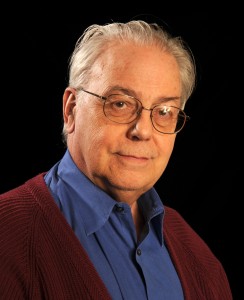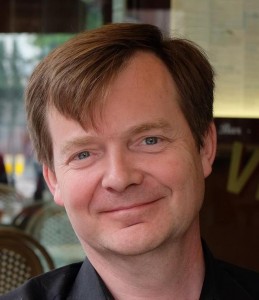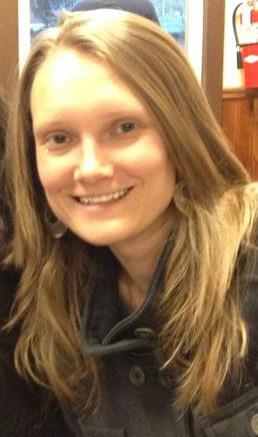 The search for life in the universe is one of the grand quests of current science, and there are multiple approaches that are likely to yield results within the next few decades. Depending on the nature of these discoveries, there may be a variety of impacts on society.
The search for life in the universe is one of the grand quests of current science, and there are multiple approaches that are likely to yield results within the next few decades. Depending on the nature of these discoveries, there may be a variety of impacts on society.
Morrison was one of Carl Sagan’s first graduate students, and he will also share some thoughts about Carl and his influence on science and science literacy. We can speculate on how Carl would respond were he alive today, when there are so many who are not simply uninformed, but who are actively anti-science.
Dr. David Morrison is the Director of the Carl Sagan Center for the Study of Life in the Universe, at the SETI Institute in Mountain View, California. He was also the founding Director of the NASA Lunar Science Institute (NLSI) and a senior scientist in Astrobiology at NASA Ames Research Center. He received his Ph.D. in Astronomy from Harvard University in 1969 and has published more than 170 technical papers and a dozen books. Morrison is a passionate advocate for science education, and he has written extensively about the struggle against pseudoscience, such as the denial of evolution and global warming. He is a Fellow of the Committee for Skeptical Inquiry and a member of the advisory council of the National Center for Science Education.
Humanist Community Forum (2014-11-09): Finding Life Beyond Earth (Dr. David Morrison) from Humanist Community-SiliconValley on Vimeo.

 The search for life in the universe is one of the grand quests of current science, and there are multiple approaches that are likely to yield results within the next few decades. Depending on the nature of these discoveries, there may be a variety of impacts on society.
The search for life in the universe is one of the grand quests of current science, and there are multiple approaches that are likely to yield results within the next few decades. Depending on the nature of these discoveries, there may be a variety of impacts on society.
